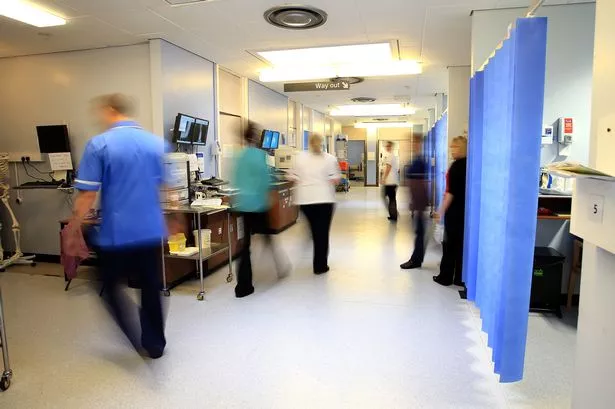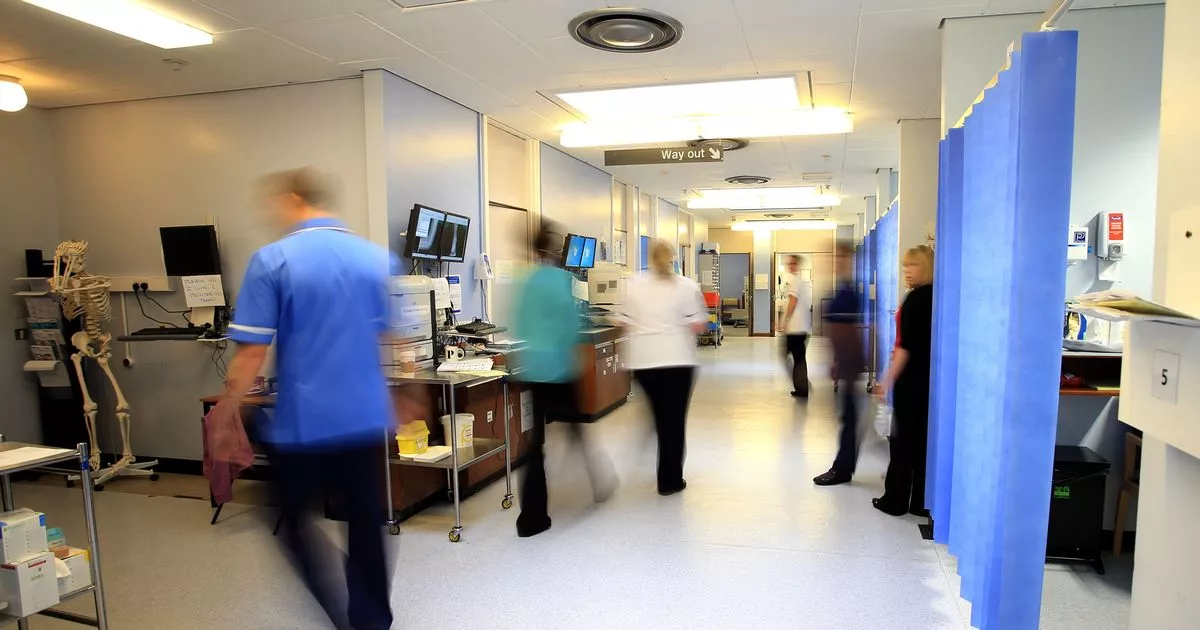The situation could be life-threatening, health bosses warn The NHS has told people to “act fast” at the first sign of a stroke.(Image: Peter Byrne/PA Wire)
The NHS has told people to “act fast” at the first sign of a stroke.(Image: Peter Byrne/PA Wire)
The NHS has told people to “act fast” at the first sign of a stroke. A stroke is when blood stops flowing to a part of your brain. It can affect things like speech and movement, and take a long time to recover.
A stroke needs urgent medical help in hospital because it can be life-threatening, the health agency warns that the first sign of a stroke might not seem like much, but any sign is “always” an emergency.
On Instagram, the NHS often shares the latest health tips and advice with its 569,000 followers. It wrote: “The first sign of a stroke might not seem like much, like not being able to raise your arm. Or struggling to smile. Or slurring when you speak. Any sign of a stroke is always an emergency. Face or arm or speech, at the first sign, it’s time to call 999.”
Symptoms of a stroke
The main symptoms of a stroke can happen suddenly. The easiest way to remember these symptoms is the word FAST. This stands for: face, arms, speech and time to call 999. Symptoms include:
face weakness – one side of your face may droop (fall) and it might be hard to smilearm weakness – you may not be able to fully lift both arms and keep them there because of weakness or numbness in 1 armspeech problems – you may slur your words or sound confused
There are other signs that you or someone else is having a stroke. These include weakness or numbness down the side of your body, blurred vision or loss in one or both eyes, finding it difficult to speak or think, confusion and memory loss and a severe headache.
The NHS warns: “A stroke is more likely to happen if you’re older, but it can happen at any age.” You should call 999 if you think you are having a stroke or you’ve had signs of a stroke within 24 hours, even if they have since stopped.
What causes a stroke
A stroke can happen to anyone at any age, but your risk may increase if:
you’re from a Black or South Asian backgroundyou have sickle cell disease (SCD)you have an unhealthy lifestyleyou take the combined contraceptive pillyou’re pregnant and have pre-eclampsia
If you have a stroke, our treatment will depend on what type of stroke you’ve had. In the first 24 hours after a stroke, your treatment may include medicine to get rid of blood clots to the brain, surgery to remove a blood clot or drain fluid or a procedure to stop pressure building up inside the skull or brain.
While you’re in hospital, a healthcare team of doctors, specialists and therapists will help you start your recovery.

